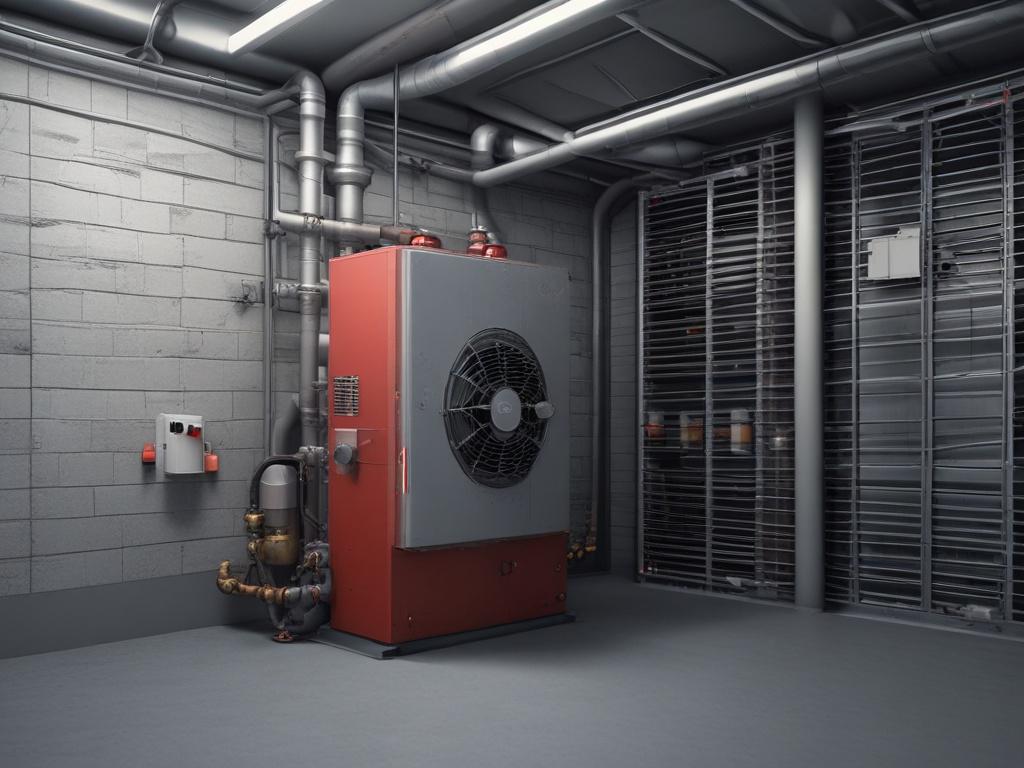
When it comes to ensuring a comfortable and productive environment in commercial spaces, the importance of an efficient heating system cannot be overstated. However, many business owners underestimate the critical need for regular maintenance, often opting to skip essential service checks. This neglect can lead to clogs, unexpected shutdowns, and soaring energy bills, ultimately impacting both comfort and the bottom line.
This blog post will explore the common pitfalls that arise from insufficient heating system care and highlight the maintenance practices that can help prevent these issues. From identifying the primary causes of commercial heating failures to implementing essential service strategies, we will provide valuable insights into maintaining a well-functioning heating system.
Failing to perform routine maintenance on commercial heating systems can result in significant and costly consequences. Neglecting to service these systems often results in clogs within the ducts and filters, which reduce airflow and strain the heating unit. As debris accumulates, it creates an environment ripe for malfunctions, ultimately leading to unexpected shutdowns. These interruptions not only disrupt business operations but also require costly repairs that could have been easily avoided with regular service.
Additionally, a poorly maintained heating system can lead to a significant increase in energy bills. When heating units work harder to compensate for clogs and inefficiencies, they consume more energy than necessary. This inefficiency translates to higher operational costs, placing a substantial financial burden on businesses.
One of the primary reasons commercial heating systems fail is the accumulation of dirt and debris. Over time, dust and grime can accumulate in the filters, vents, and internal components, resulting in clogs that restrict airflow. When airflow diminishes, the system works harder to maintain temperature, causing strain on the components. This added pressure typically results in mechanical failures or even complete shutdowns, leaving businesses in uncomfortable conditions and potentially halting operations.
Another significant factor is insufficient lubrication of moving parts. Heating systems contain various mechanical components that require regular lubrication to operate smoothly. Without proper maintenance, these parts can experience excessive friction, leading to overheating and eventual breakdowns. Additionally, neglected thermostats and sensors may provide inaccurate readings, further compounding issues and causing unnecessary energy consumption. The combined effects of these maintenance oversights ultimately lead to higher energy bills, highlighting the critical need for regular service to keep heating systems running efficiently.
Regular maintenance is key to ensuring your commercial heating system operates efficiently and effectively. First and foremost, schedule routine inspections with a qualified technician. These professionals can identify early signs of wear and tear, as well as clean or replace filters to prevent clogs. Additionally, they can check for issues like loose connections or corrosion that may lead to system shutdowns. Implementing a comprehensive cleaning schedule can help eliminate dust and debris buildup, maintain optimal airflow, and prevent costly downtime.
Another critical aspect of maintenance involves closely monitoring your energy bills. An unexplained spike in your energy costs can indicate underlying issues with your heating system. Regularly inspect and calibrate thermostats to ensure accurate temperature readings and proper system functioning. Furthermore, consider investing in innovative technology that can alert you to problems before they escalate. These proactive measures not only enhance your heating system's efficiency but also ensure you avoid the pitfalls of clogs, shutdowns, and ultimately, high energy bills.
Considering an upgrade to your heating and cooling systems? Our expert team is here to help. Contact us today to discover our comprehensive range of services and schedule a consultation tailored to your needs.